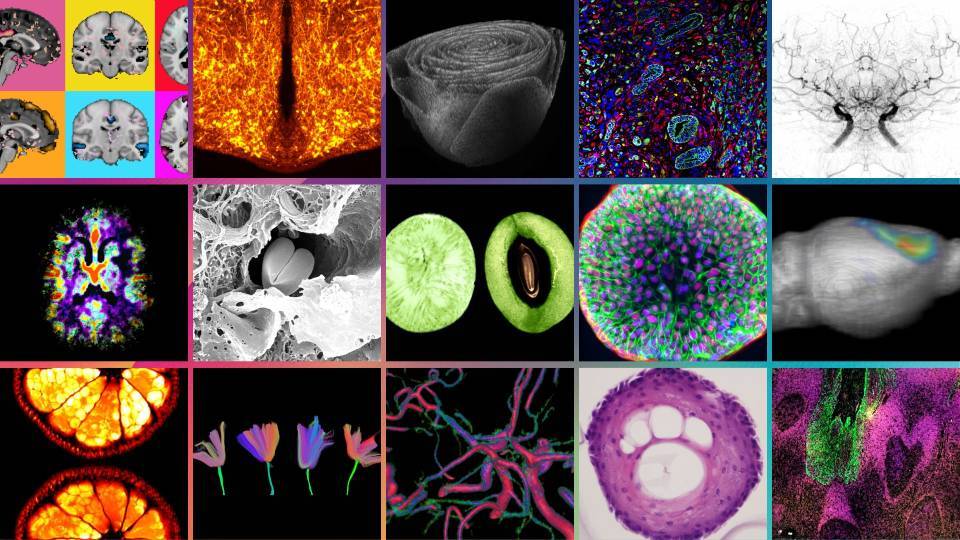Mitochondria are the cell organelles that supply the cell with energy, and they are also involved in other processes, such as communication, differentiation, and cell death. Malfunctioning mitochondria have been linked to different neurodegenerative disorders such as Alzheimer disease. In this case, the accumulation of damaged mitochondria that generate free radicals is thought to be an early symptom and a contributing factor to the progression of the disease.
Cells have a specific mechanism, called mitophagy, for eliminating defective mitochondria. This process has been shown to be affected in Alzheimer disease, but the causes of the abnormality are not fully understood.
A study directed byr Anna Colell of the IDIBAPS-IIBB-CSIC Neurobiology research group has identified a mechanism that affects mitophagy and favors the accumulation of defective mitochondria. The study has been published in the journal Molecular Neurodegeneration.
Previous studies had shown that changes in intracellular cholesterol levels were able to accelerate the accumulation of amyloid beta, which is involved in Alzheimer. The study led by Colell shows that these changes may also play a key role in abnormal mitochondria elimination, as the increase in cholesterol increases mitochondrial oxidative stress, thus promoting cytosolic aggregation of optineurin, a key receptor in mitophagy. The study suggests that reducing intracellular cholesterol levels may reverse the accumulation of defective mitochondria that occurs in diseases such as Alzheimer.
Reference Article
Cholesterol alters mitophagy by impairing optineurin recruitment and lysosomal clearance in Alzheimer's disease
Roca-Agujetas V, Barbero-Camps E, de Dios C, Podlesniy P, Abadin X, Morales A, Marí M, Trullàs R, Colell A. Mol Neurodegener. 2021 Mar 8;16(1):15. doi: 10.1186/s13024-021-00435-6




